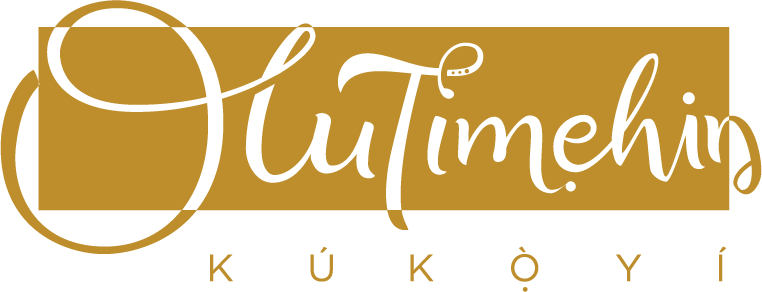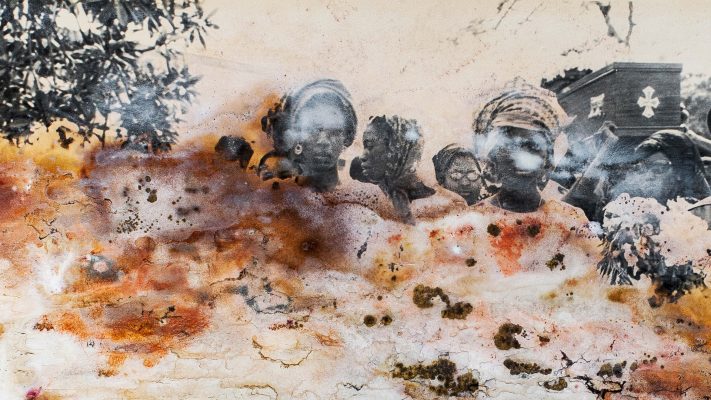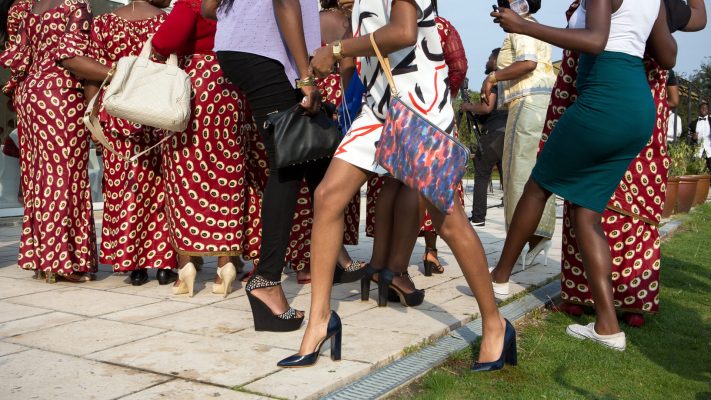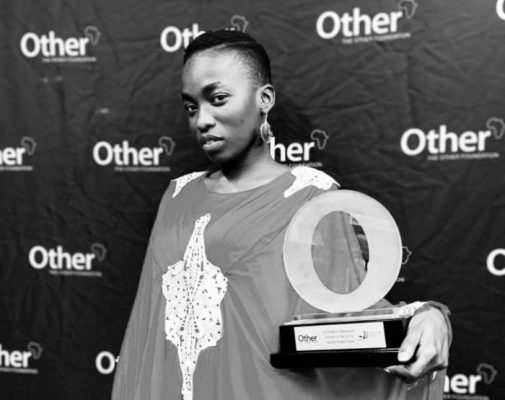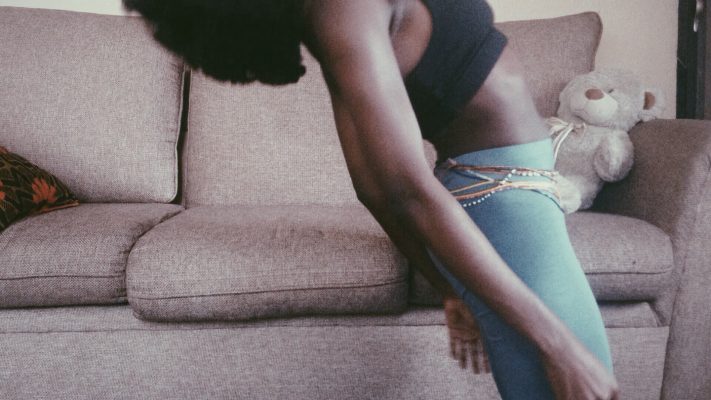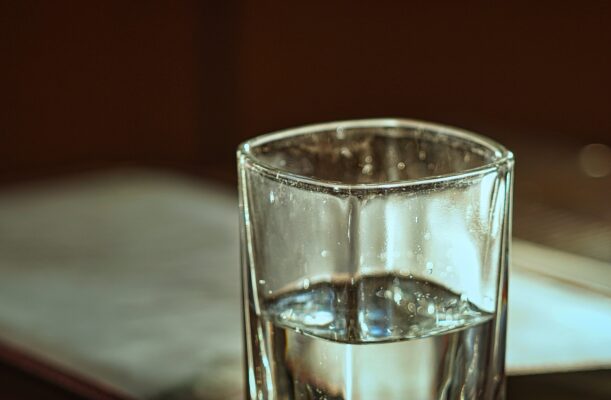This article was originally published on Africa Is Done Suffering (ezibota.com, now closed), in July 2015. The original essay contained niche media references that have now been edited for a more general audience.
What does it mean to be beautiful? Why is beauty so important to us women? Why does it matter that we see representations of ourselves–people who are not us, but who look like us–in the world? Why do we clamour for those representations to be realistic, accurate, positive, and accepted as good enough?
These questions have bounced around in my head since I signed up to write this piece. I don’t have the answers yet, but those answers would be head knowledge anyway. The answers I do have are heart knowledge.
I’m a mother to a one-year-old. She is the most incredible person on the planet to me, delightful and joyous and alive in ways that make me redefine the word ‘wondrous’. My daughter has cropped hair, which everyone says is bad because it makes her look like a boy, and light skin, which everyone says is good because they think it makes her pretty.
I am acutely aware of my daughter’s Africanness and femaleness, and I worry about how it will affect her experience of the world. I think about how people’s compliments to her change when they realize her gender; from ‘big boy’ to ‘so cute!’, from ‘he is so active and strong’ to ‘she will have such a big bum when she grows up’. I think about how their remarks about her looks must always include her skin tone, and my heart breaks for her.
I have always lived in Lagos, Nigeria, and being beautiful is prized here more than anywhere else that I have experienced in the country. The glamour and sophistication of the city calls for a glittering affectation to physical attractiveness; long weaves and light skin at any cost, tight clothes and makeup, deliberate performances of femininity that are literally currency. The more beautiful a woman is by Lagos standards, the greater her social capital.
But the thing with standards of beauty is that no one ever really seems able to live up to them. The average woman in Lagos doesn’t look like what a Lagos beauty is supposed to look like. I have certainly never looked that way; I’m very dark, with unruly natural hair and no inclination towards weaves or makeup. I have the model-like lack of curves but not the statuesque height. My eyebrows get a shaping-up once every two years. Living here in Lagos, it would be easy to think of myself as un-beautiful. For almost all of my teen years I did, but I can’t afford to. Not anymore.
For a few years, between the ages of 17 and 20, my hate-hate relationship with my looks blossomed into a less toxic love-hate one. I was a late bloomer, and my classmates in secondary school never let me forget it. But then I graduated, grew into a C-cup bra, and started to attract the attention of men. I remember the day it occurred to me for the first time that I could be beautiful; a man crashed his car because he was watching me walk to my grandmother’s house. It felt like the headiest sort of power, looking back and smiling knowingly at this dazed creature whom I had enthralled without even trying.
But then I got pregnant, and my body became this thing I could not recognize. I watched my nose swell and felt my self-acceptance shrink alongside. I didn’t think I was ugly, but I no longer thought I was beautiful. The whole foundation of what I thought was self-acceptance was really just external validation. I had thrived on compliments, fed my ego on sidelong glances, evaluated my worth based on what I saw in other people’s eyes. And I slowly began to realize that it was not enough to have a body that people thought was attractive à la Sports Illustrated, and to therefore think myself beautiful. My body would not be sports magazine-hot forever. Pregnancy had happened. Age would follow. Then what?
My mother was in her 50’s when she died. The first time I ever thought someone needed to do something to make her prettier was when I saw her at her lying-in-state. I think now about her looks; dark, short natural hair, makeup regimen consisting of white powder and lip balm, then longish relaxed hair when I was older, makeup regimen consisting of white powder and pale pink gloss. She had not a single care in the world. She was the most beautiful woman to me.
Today, I understand why I found my mother so beautiful. Her beauty was a cliché. Not the Eurocentric light skinned, straight-haired, fully made-up cliché, not the African big-bottomed, voluptuous cliché either. Her beauty was the cliché of a confident, intelligent, generous, purposeful, loving woman; the kind of beauty that illuminates from within. By those standards, by any standards that truly matter, my mother was incredibly gorgeous.
I’m raising a one-year old. Already I suspect that she will be as beautiful as any model or TV-star. And the last thing I want is for her to believe that those standards are the ones by which she should gauge her beauty or love herself, because that is not what beauty is.
It is really important for me to embrace my dark-skinned, natural-haired self, to demonstrate to my daughter that beautiful women come in all shapes and sizes. I want her to know that the vast majority of the forms of physical beauty that exist will never see the set of a music video or editorial shoot. And that’s okay, because African women like me will be raising our daughters to look beyond those things, by looking beyond those things ourselves. I am learning to look within, and to love who I am on the inside so much that it is impossible to hate what I look like on the outside. My mother taught me that, and I must teach my daughter the same.
